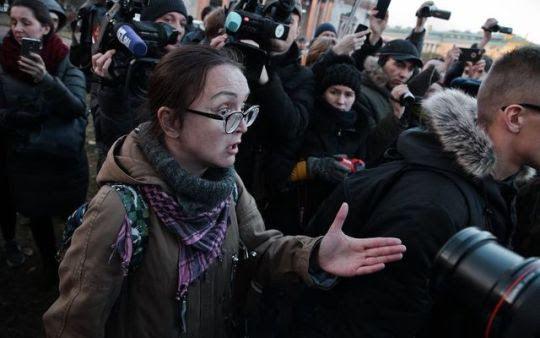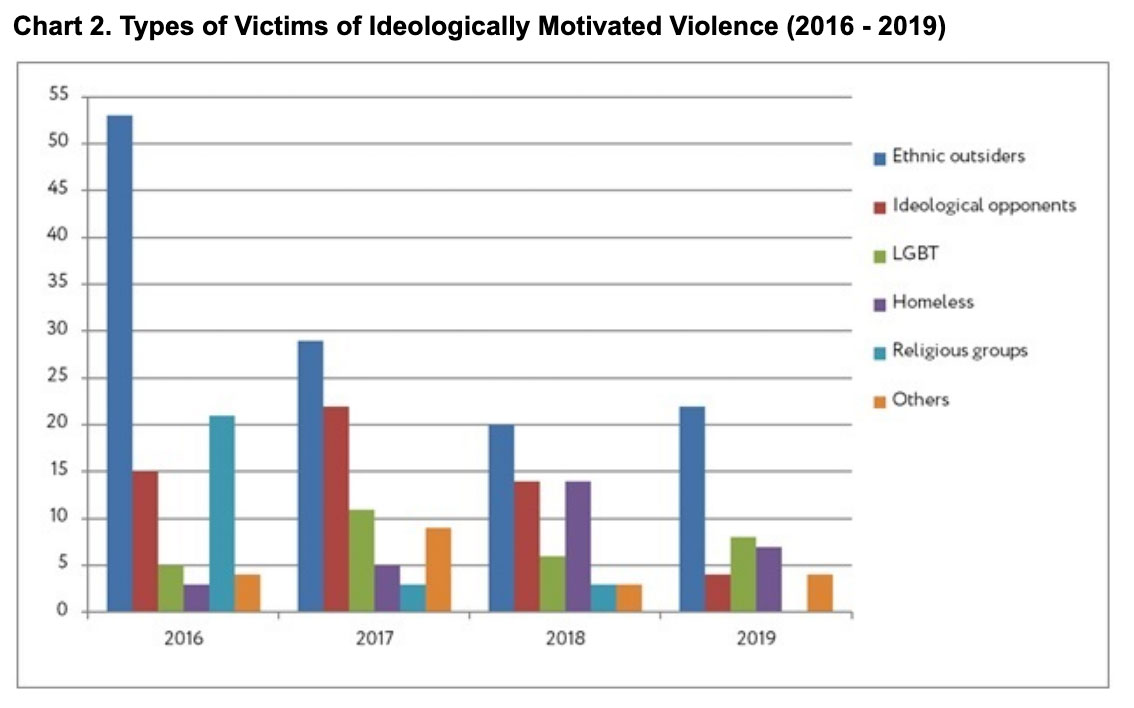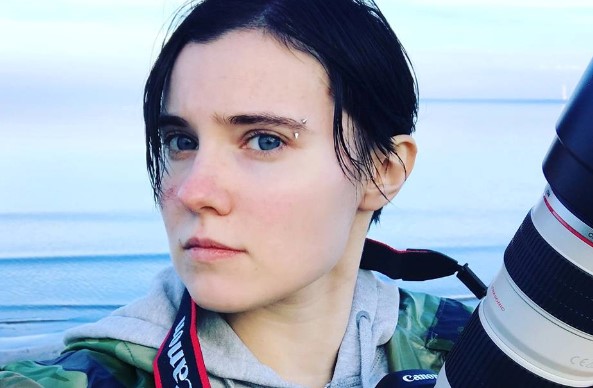Anti-gay hate crimes rise slightly in Russia
Colin Stewart is a 45-year journalism veteran living in Southern…
Anti-LGBT hate crimes rose were up last year in Russia, according to a non-profit organization that also tracks xenophobia and racism in the country.

The annual report from the Moscow-based SOVA Center cited the killing of one LGBT rights activist and attacks against seven other LGBT people in 2019.
Comparable figures from 2018 were one LGBT activist killed and five injured.
Victims of most anti-LGBT hate crimes were LGBT rights protesters or “individuals who were mistaken for the LGBT due to their appearance,” the report stated. It added, “There are no official statistics in Russia on victims of violence against the LGBT. As before, we have to emphasize that our data is minimal and the true level of homophobic violence is unknown.”
The report cited a much larger number of victims of racist and other ideologically motivated violence — at least 45 people, not counting the unknown number of victims of such hate crimes in the the North Caucasus and Crimea (occupied Ukrainian territory).
The organization classified the July murder of activist Yelena Grigoriyeva as an anti-LGBT hate crime. Grigoryeva’s personal details were revealed in an anti-LGBT group’s “death list” shortly before she was found with multiple stab wounds in St. Petersburg.
“She contacted the police more than once because of the threats but there was no reaction whatsoever,” SOVA said.
However, the SOVA report did not cite the case of Roman Yedalov, 40, who was stabbed to death near a central Moscow train station in June 2019.
This month, jurors found that Yedalov’s killer, Anton Berezhnyi, was not guilty of murder, which would have resulted in a prison sentence of up to 15 years. They found Berezhnyi guilty of battery, which carries a two-year prison sentence.
Yedalov’s boyfriend, Yevgeny Yefimov, who survived the attack, testified that the suspect had shouted homophobic slurs.

This is the LGBT section of the SOVA report:
Attacks against the LGBT
The number of attacks against the LGBT community was higher than in the preceding year – one killed, seven injured and beaten (vs. one killed and five injured and beaten in 2018). There are no official statistics in Russia on victims of violence against the LGBT. As before, we have to emphasize that our data is minimal and the true level of homophobic violence is unknown. In 2019, the victims were comprised primarily of pickets or participants of other events associated with the LGBT; but there were also street attacks on individuals who were mistaken for the LGBT due to their appearance, as happened in Yekaterinburg when a group of aggressive young men attacked a man they suspected of being gay and in St.-Petersburg when the girls mistaken for lesbians were beaten.
The murder of activist Elena Grigorieva in St. Petersburg on the night of July 19 was widely reported in the media. Grigorieva, who was openly bisexual, was an LGBT rights activist prominent in the St.-Petersburg LGBT movement. Her name was on the hit list published on the website of the homophobic group “Pila” (“Saw”). Grigorieva was also receiving threats from the well-known St.-Petersburg homophobic activist Timur Bulatov and some nationalists. She contacted the police more than once because of the threats but “there was no reaction whatsoever [on behalf of the law enforcement agencies]”. Yet, at the time of the report’s writing, the main version of the murder is drunken homicide. Police have detained a suspect, with whom, according to investigators, the activist had had a personal conflict that had led to her death.

(Photo courtesy of LGBTworldbeside.org)
In addition to physical assault, the LGBT activists regularly face threats from anti-gay individuals and right-wing radicals of all sorts. For example, threats from Bulatov have continued even after Grigorieva’s murder, with Karolina Kanaeva, an activist from Saransk, being one of the recipients. On July 1, the above-mentioned “Pila” group published a hit list of the activists that it was threatening. On July 17, the LGBT Resource Center in Yekaterinburg received a letter signed by “Pila” demanding the Center’s shutdown by the end of July and the transfer of its funds to the charity “Podari Zhizn” [Gift of Life].
National Conservative Movement (NKD), led by Valentina Bobrova and Mikhail Ochkin, was very actively engaged in anti-gay acts throughout the past year. Together with Archpriest Vsevolod Chaplin, NKD opposed “the LGBT lobby and anti-Christian trends’ offensive against Russia” by holding various anti-gay actions and pickets. And on August 28 in Moscow, a play at Teatr.doc about the situation of homosexuals in Russia was disrupted by NKD, the pro-Kremlin SERB group, and the National Liberation Movement (NOD) activists.




AIDS: Tanzania’s homophobia is killing people